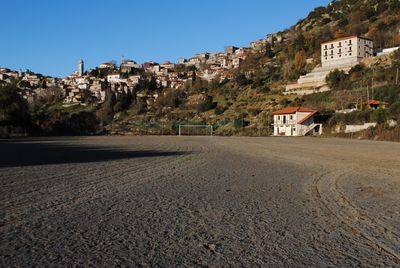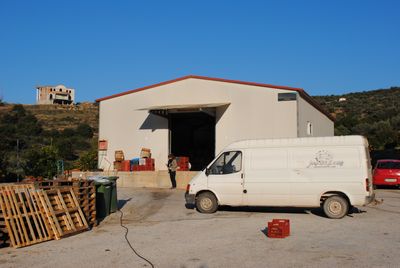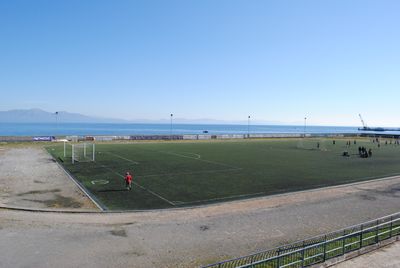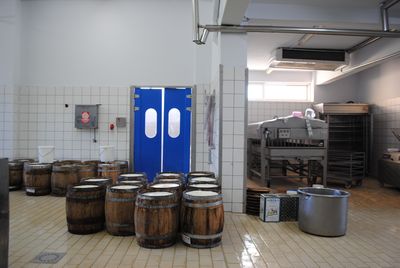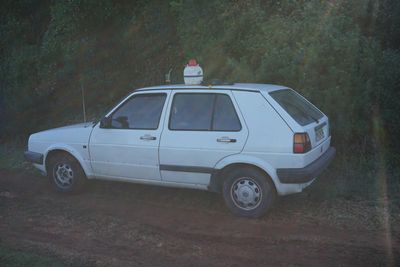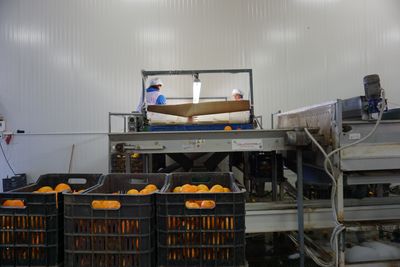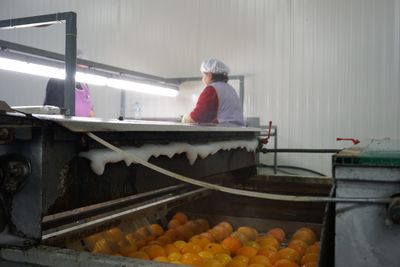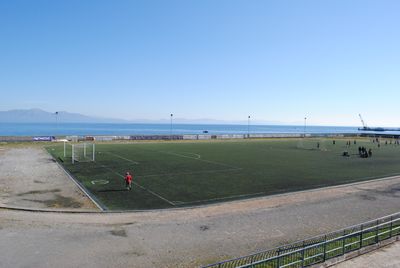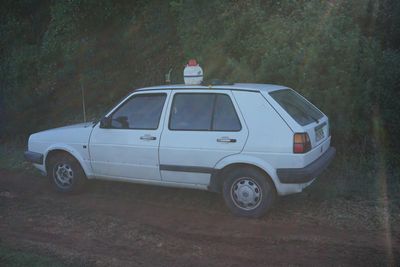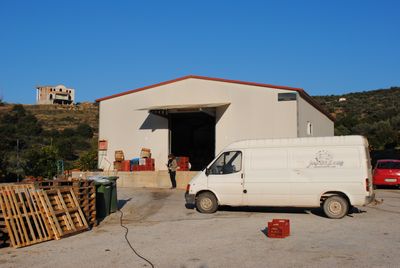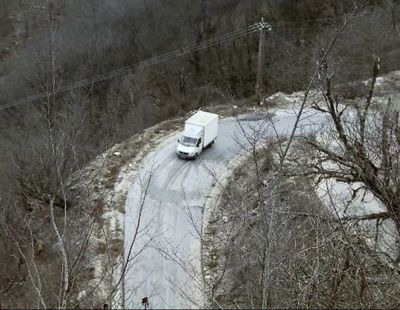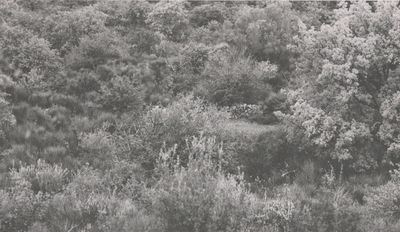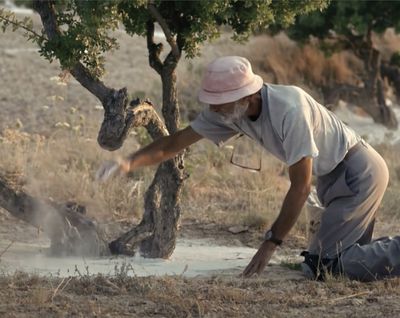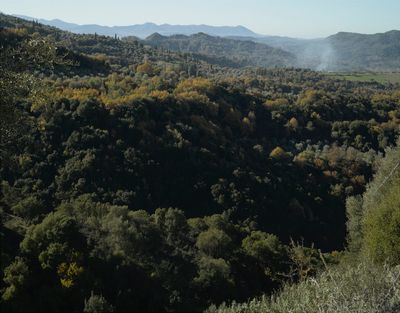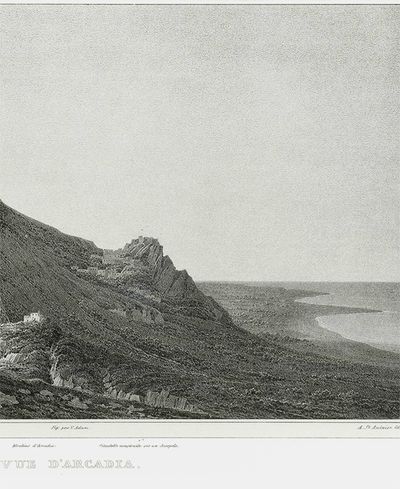Arcadia
Politics of Land and Nature—From Peripheralisation to Extended Citizenship
Metaxia Markaki
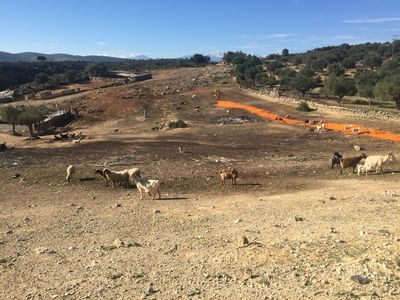
What is the future of peripheral landscapes and radically depopulating mountainous regions and how do we, as architects and urban researchers, address their challenges? The dissertation shifts the focus of urban research beyond the traditional city boundaries. It aims to explore processes of urbanisation that occur in peripheral landscapes, seemingly intact areas of “nature” and “uninhabited” land in order to explore the forces shaping them and address their implications. In particular, this research revisits the mythicised landscape of Arcadia in Greece, framing a contemporary, radically depopulating mountainous region at the southern edge of the Balkan Peninsula.
Once socially and economically productive, the region has witnessed successive waves of depopulation and economic decline throughout the twentieth century, while city-dependencies and urban economies have emerged. As a result of territorial strategies, rooted in the historical and political context of 19th century, and of contemporary policies linked to current economic conditions, the region has been gradually peripherlised. Under the overarching hypothesis that “peripherilisation” is a process of urban transformation, the dissertation critically investigates the formation of a peripheral landscape in relation to a broader historical, political and geographic context. It identifies emerging urban patterns and novel urban typologies, detecting their socio-ecological implications and latent potentials and employs the research findings as a basis for formulation of alternative strategies and future visions for design and governance.
This dissertation has at its core the territorial approach, which brings together the social, political, and cultural aspects of urbanisation with transformations in land structures, land-use patterns and regional ecologies. Grounded on critical urban theory, we will engage specifically with the concept of extended urbanisation and seek to introduce an ecological perspective, novel for urban analysis of socio-spatial processes occurring at peripheral landscapes. We frame three distinct socio-ecological configurations as case studies, present in the mountainous region of Arcadia and study them through qualitative exploratory fieldwork. The dissertation contributes to the scarcely explored field of urban analysis of peripheral landscapes and mountainous regions, elaborating visions and future strategies for their design and governance. Reading the dynamics of transspecies relations, it eventually outlines alternative portraits of citizenship and commoning, as they peripherally emerge through a subversive process of symbiotic co-creation, enabled by a multitude of marginalised entities.
